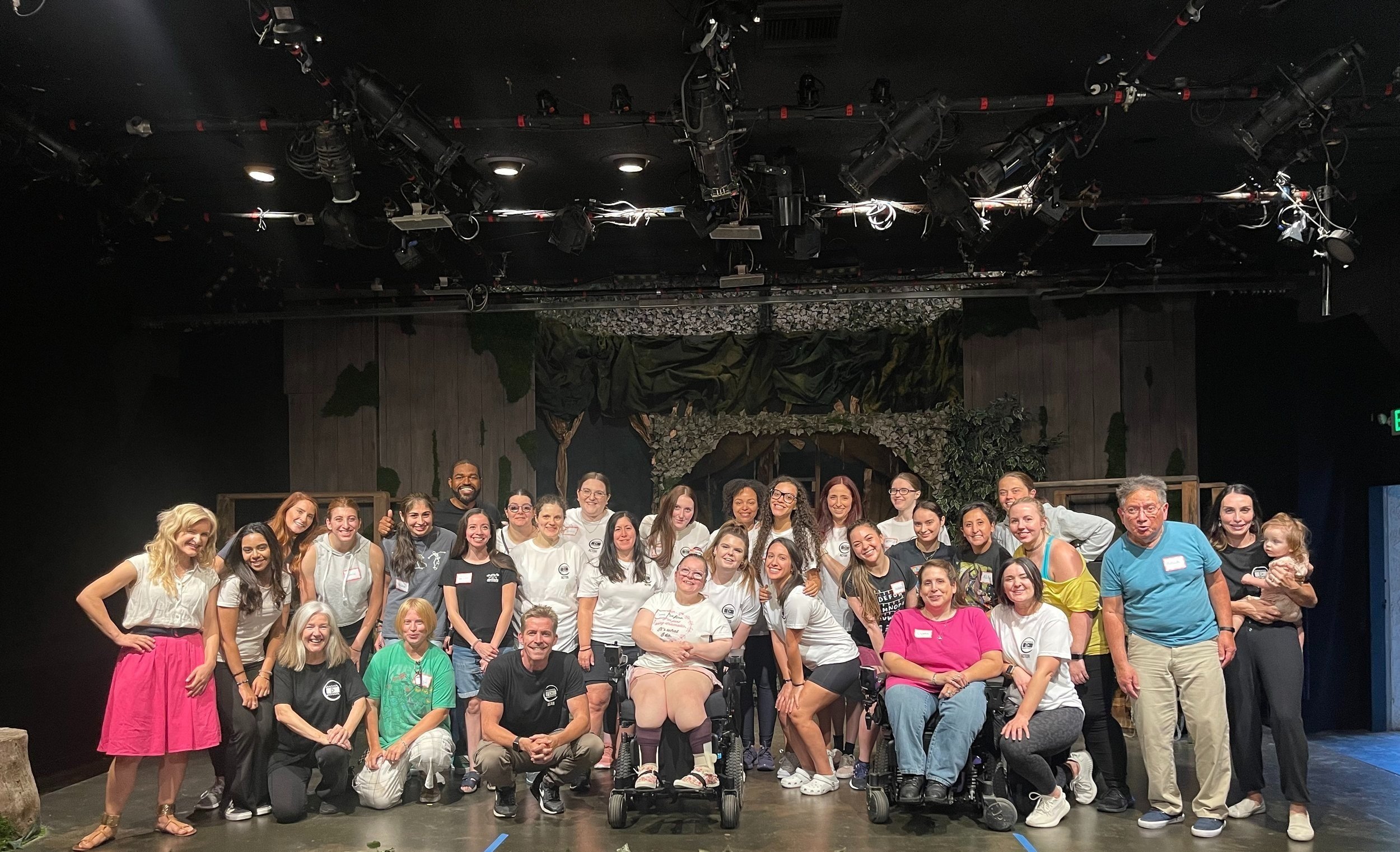
Tips To Become A Professional Actor
Here are some tips from Sean Maguire on getting started as an actor, as well as some video clips from our classes where Sean teaches technique. This is just a sample of what you will learn in our school on your journey as an actor.
Apply now to become part of our acting community
Preparing for an agent:
Below find some basic tips that you will need to plan for before you begin this journey toward finding an agent.
1. Take A Headshot
Have a headshot taken: Natural, simple and something that actually resembles you. There are plenty of great headshot photographers around. Find someone who is well recommended and seems easy to get along with. Being comfortable is the key to taking a good headshot.
2. Why You Need A Showreel
An agent is going to want to see you on screen. That is the nature of the modern industry. If you have limited money, record something at home or with a friend (the friend with the best camera) and make sure that the acting is good. I know of many people who have landed agents, and great agents at that, on the back of home-made self tests.
3. Creating a show reel.
This is a slightly roguish industry. Taking money from eager actors is very easy, so make sure to get your show reel made with a reliable company and for a fair price.
In the long line of confounding acting advice, casting directors demand that actors have a demo reel in order to take you seriously. However, in the same breath they will also say, “no reel is better than a bad reel.” Being bad is worse than being considered an amateur, but in either case the chances you are going to get cast are very low.
A demo reel is quickly becoming the most important part of professional casting submissions, even more important than headshots and resumes. Through online casting services, Casting Directors can quickly view demo reels and, in some cases, won’t consider actors who do not have reels. Reel-less actors are considered unready for the demands of a professional gig, so, by that logic, having some sort of reel is preferable to nothing at all.
4. Gathering Footage for a Reel
Create your own work wherever possible. Find like-minded artistic collaborators and put on a play; create a short film; do a web series. Many actors of whom I’m a passionate believer go this route, and I admire them for it. You are likely to gain the attention of casting directors and other industry professionals if you put together well-crafted, intelligent work. It doesn’t need to be costly or have tremendous production values, it just needs to be compelling.
Ideally, all content on a demo reel is professionally produced, but for a beginner with little experience that is unlikely. Luckily, in the last couple of years, casting pros have become more accepting of reels that aren’t professional, as long as the quality is acceptable. This means that student films, independent films, web series, and privately produced scenes are widely used on actors first demo reels.
When the project starts, know that you most likely won’t receive your footage for at least a few months. With that in mind, focus on giving the best performance you can during production and the film will take care of itself.
Make sure to stay in good standing with the Director, Producer, and Editor. Get their contact information before you wrap your scenes. Mention that you are assembling a demo reel and would love to include a scene from the film. Down the road, after the project is cut, send an e-mail requesting your footage.
If the footage is local, you can meet up with the team and download the video. If not, have the editor, or director, send your scenes over a file sharing service such as Dropbox or Google Drive. Once the files are in your possession, hire an editor or recruit a knowledgeable friend and get to work.
5. Rules for Reels
All casting directors want to see is what you look like, what you sound like, and if you can act. They are always pressed for time and they want this information immediately.
Show Only Your Best Work–If the production quality is bad or the acting isn’t your best, wait until you have better footage.
Keep It Short: 60 to 90 seconds total–Casting directors don’t need much to glean the information they need to make a decision.
Slate screen at the beginning and end(Name, E-mail, Website).
Include 3-4 different scenes. Mix up the comedy and drama, be sure to show casting your best types.
Lead with your best credits.
DO NOT repeat footage–Use each project only once, otherwise you look like you don’t have anything else.
Make it focus on you–If other actors are in the scene, avoid covering them too much. At least 75% of the reel should be you.
Post Online–On your personal website, on video sites(YouTube, Vimeo, etc.), and embed on your casting website profiles.
Update the reel as you gain experience–Start with what you have, but as you advance, replace the old footage with newer, better clips.
A great demo reel, like a great headshot, will not get you a role, but it can help you get an audition. Once you have secured the audition, the reel no longer matters, it’s all about your performance in the room.
No reel might be better than a bad reel, but there is no reason that an actor cannot put together an acceptable reel to show off their current skill level. It makes a great self-motivator for any actor who wants to improve.
6. Voice reel
A voice reel isn’t essential. If you are keen on pursuing voice work, then by all means go ahead, but agents place very little weight on a voice reel when considering taking on new clients, so spend your money elsewhere for now.
Two options to land your agent
Okay, so you’re ready to go. You have the following two options in your hunt for an agent: Make your own showcase or send around a promotional pack.
1. Make your own showcase
The first way to do this is to become part of a play, and make sure it’s a good play. Also, make sure that you have a great part. It doesn’t need to be the lead role, but it needs to showcase your ability as an actor. Playing the torch bearer is unlikely to get you an agent, irrespective of how rich your character’s inner world might be.
If you feel confident in the production and in your acting, invite some agents along. Make the invitation personal and give them free tickets. It can be hard to entice them along, but, if they do come along, you’re in the hands of the acting gods. Let’s hope they are feeling generous!
2. Send around a promotional pack
This is unlikely to work, but might be your only option. Agents get bombarded with show reels and emails, and even working actors struggle using this technique. You need to find a way to stand out from the plethora of acting wannabes, but you also want to be professional. My advice is to use email. Write a clear email, with a simple link to your show reel, and include easy to download attachments for your head shots. Make the email personal, but professional. Please don’t sound desperate! Desperation leaps off the page. Cold contacting in any field is hard, so don’t beat yourself up if you are unsuccessful.
SAG AFTRA Union
Lastly, once you have work, join the SAG AFTA the Actors Union.
A performer becomes eligible for membership under one of the following conditions: proof of SAG-AFTRA, SAG or AFTRA covered employment as
a principal performer or recording artist; proof of three days of SAG-AFTRA,SAG or AFTRA employment as a background actor; or employment under an affiliated performers’ union. Potential broadcast members should contact the National Broadcast Department or their nearest local for information on joining.
For more information on SAG/AFTRA visit their website at www.sagaftra.org/membership-benefits/steps-join
Onwards and Upwards
You have an interesting journey ahead. The way to not become disheartened and embittered is to always keep your focus on the craft of acting. All of the other factors are important, but your acting is at the forefront. Don’t allow yourself to be disempowered by the industry. It is capricious, sometimes shallow, and out of your control, so embrace that and focus on continually moving forward. It will be easy for some and a treacherous struggle for others. But we learn far more from our failures.
